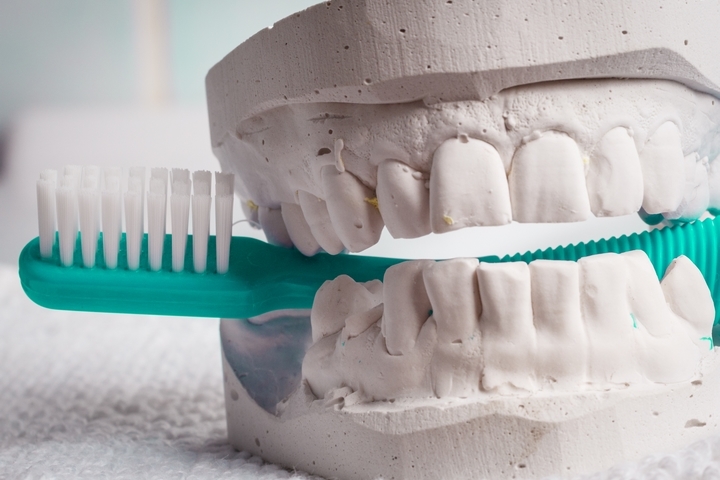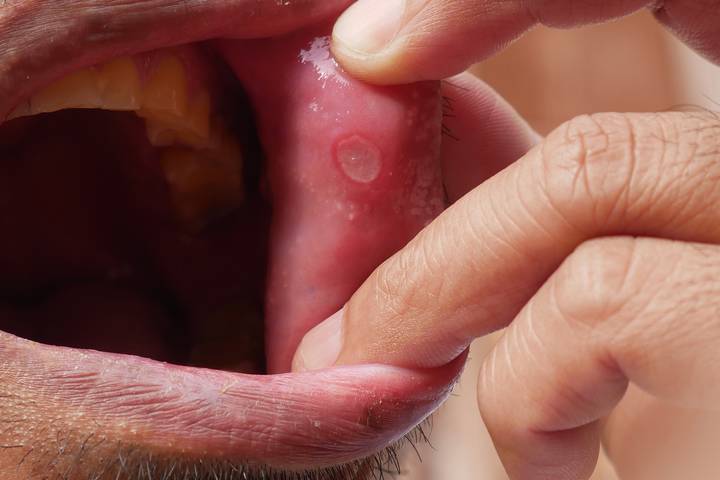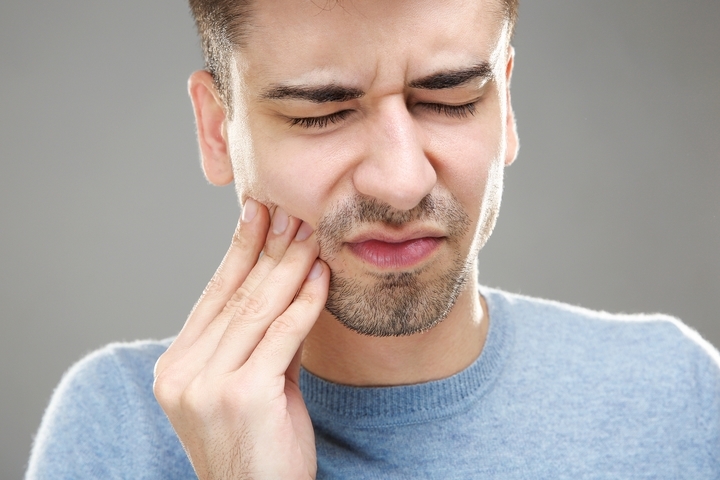While it may not appear like it at first, your mouth is one of the essential components of your everyday life. It is how you eat, speak, and interact with the world around you daily. As such, when you experience pain in your gums, it is never fun. Many people experience this type of pain at some point in their lives. Although it is common, it should not go ignored. Pain means something in the body that is out of the norm: something you may need to pay attention to.
Gingivitis, although scary, is simply the inflammation of the gums. This can take the form of swollen or puffy gums, dark red gums that bleed easily when you floss or brush, tender and painful gums, or bad breath. Healthy gums, on the other hand, are firm and pale pink. Thus, when something is wrong, we recommend you address it immediately!
Although we do not have all the answers, we can help you understand why your gums may be experiencing pain! At the end of the day, though, we suggest speaking with your emergency dentist Mississauga to receive treatment specific to you and your needs.
Here are the eight likely causes of gum pain in adults:
1. Brushing too vigorously

We all heard it growing up: brush your teeth twice a day! Brush your teeth after each meal! Brush your teeth before bed! While it may seem like attacking your teeth as hard as possible with your toothbrush is a good idea, this often does more harm than good. Instead of brushing as hard as you can, try pressing down gently on your teeth and gums and brush in a gentle, circular motion.
Although this may sound counterintuitive, as long as you are consistent and thorough with your brushing, gentle brushing can undoubtedly get the job done! In line with this idea, we recommend a toothbrush with soft, nylon bristles instead of a hard-bristled brush that can damage the gum tissue when brushing.
2. Canker sore

If you have pain in a very acute portion of your gum, this can result from a canker sore: a small wound in the mouth. This can be caused by a slip of your toothbrush when brushing your teeth or even a sharp edge of a chip or hard food.
Some specific acidic foods or other health conditions can also cause canker sores. Most of the time, these sores will heal on their own, and you will be well on your way.
3. Hormonal changes

Hormonal changes, primarily in women, can be one of the reasons for your gum pain as well. Hormonal changes, especially during puberty, menopause, or pregnancy, can result in red, swollen, and painful gums.
4. Smoking or chewing tobacco

Smoking and chewing tobacco have numerous side effects that can put an individual at risk for several health problems. These problems include gum disease, oral cancer, a weakened immune system, and several other issues that can result in painful, infected gums.
5. Poor diet

Unsurprisingly, diet plays a large role in your gum health. Poor eating habits and diets that are too restrictive (i.e. lacking a variety of foods) can result in a lack of nutrients essential for proper gum development.
Because nutrients play a great role in developing teeth and gums, the lack of proper nutrition can cause trouble. Speak to your dentist about the best foods for gum health.
6. Medications

Although unexpected, medications may just be the source of your pain. Individuals may be sensitive to certain medications, which can cause their gums to enlarge.
Enlarging gums increase the likelihood of plaque buildup, irritation, or bleeding. Some examples of medications that have these side effects include calcium channel blockers (medication for blood pressure) and cyclosporine (an immunosuppressant).
7. Sinus infection

A sinus infection occurs when the tissue around your sinuses is inflamed. This can lead to pain in the area, potentially explaining why you are experiencing discomfort. Because sinuses are normally filled with air, when they are filled with fluid from infection, bacteria can prosper, leading to infection and discomfort.
8. Gum disease

Occasionally, sore and painful gums can indicate something more serious like gum disease. When oral health is poor, bacteria can form plaque on the surface of the teeth, which can lead to its accumulation under the gum.
If left untreated, this is when your gums become sore and inflamed. This can eventually lead to gum disease destroying the tissue around your teeth. Your dentist will be able to catch gum disease in its early stages, which is why it is important to visit!

